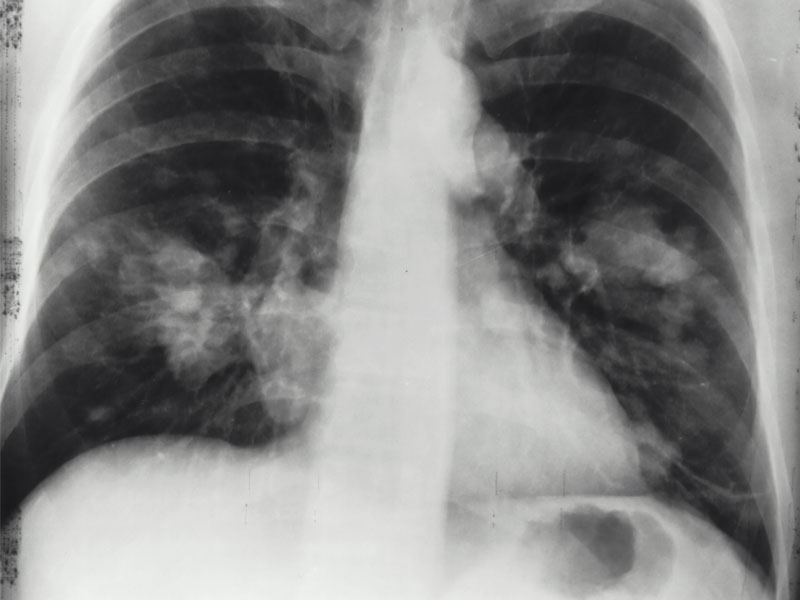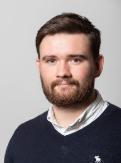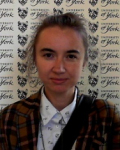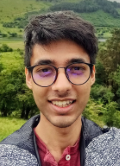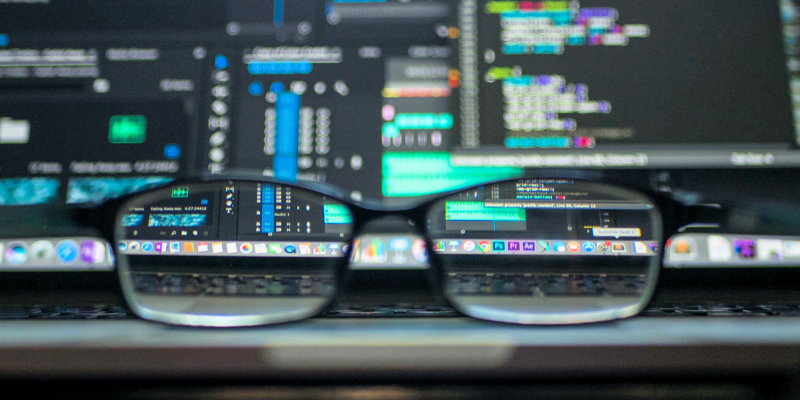
Vision, Graphics and Learning Research Group
Computer vision is the problem of understanding or extracting useful information from images, for example, reconstructing 3D models or recognising objects and faces.
Computer graphics is the problem of creating realistic images or models, for example for use in video games or movie visual effects. Graphics and vision both require a good understanding of how 2D images are formed of the 3D world.
Contact us

Professor Will Smith
Vision, Graphics and Learning Research Group lead
Computer vision is the problem of understanding or extracting useful information from images, for example, reconstructing 3D models or recognising objects and faces. Computer graphics is the problem of creating realistic images or models, for example for use in video games or movie visual effects. Graphics and vision both require a good understanding of how 2D images are formed of the 3D world. Some aspects of this process can be modelled using ideas from physics, such as, the way in which light reflects from different materials and how 3D points project to points in a 2D image. However, describing every part of this hugely complex process in enough detail to produce photorealistic images quickly becomes impossible.
This is where machine learning becomes useful. We have access to almost unlimited amounts of visual data: for example, the images and videos uploaded to the internet captured in real world conditions by casual photographers. We can use this data to learn patterns, rules or useful assumptions that make our task easier. For example, in neural rendering we can train a system to add details to an image that bridges the gap between computer graphics and a real photograph.
We are interested in sensing and the acquisition of images themselves. We are interested in using new sensing modalities (such as polarisation cameras, 3D scanners and MRI scanners) or controlled acquisition setups (such as light stages and multispectral illumination) for interrogating shape, structure and material properties.
We are also interested in learning from and better understanding how human vision works. If we know humans are able to solve a visual task, it proves that it is possible. By exploring how humans perform the task, we might uncover insights into how a machine can solve the problem. We have investigated questions such as how concepts of memorability and complexity affect human image perception and whether neural representations encode shape information.
Our overarching aim is to advance the state of the art in the principled analysis (vision) and synthesis (graphics) of visual data. We develop new algorithms and techniques that combine explicit modelling of the geometry and photometry of the image formation process with data-driven statistical and machine learning. In terms of the specific problems and applications the group work on, our main objectives are to advance knowledge in:
- Capture, synthesis and modelling of human faces and bodies
- Physics-based computer vision
- Analysis-by-synthesis, differentiable rendering and neural rendering
- Statistical shape modelling and computational geometry
- Reflectance modelling and physically-based rendering
- Connections between human and machine visual perception
- Applications of Computer Vision in Security and Healthcare
We collaborate very closely with commercial partners from a range of industries and with other academic disciplines. In 3D face modelling we work with craniofacial surgeons and dentists to develop new tools for surgical planning and evaluation, diagnosis and ergonomic design. In surveying and mapping we work with road and rail industry partners to automate condition and safety inspections, with glaciologists to understand how glaciers have changed their 3D structure, and with ecologists to understand changes in land use and tree cover. In object and face capture we work with retailers and visual effects studios to create photorealistic renderings of products and actors. We work with psychologists to use vision and graphics techniques to label or synthesise images to understand how the human visual system learns from and processes images.
Stories
Group members
| Photo | Contact details |
|---|---|
| Academic staff | |
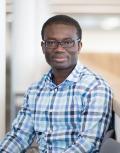 |
Academic Staff |
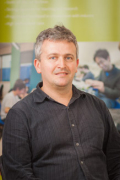 |
Academic staff |
 |
Academic staff |
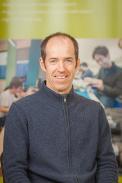 |
Academic staff |
 |
Professor - group lead |
| Research staff | |
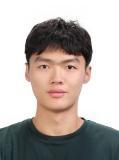 |
Research Associate |
| Postgraduate research students | |
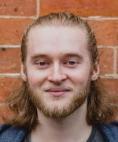 |
Luke Farrar Postgraduate research student |
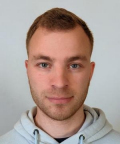 |
Postgraduate research student |
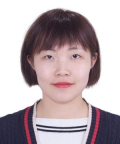 |
Postgraduate research student |
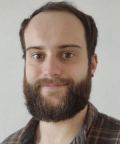 |
Finlay Hudson Postgraduate research student |
 |
Evgenii Kashin Postgraduate research student |
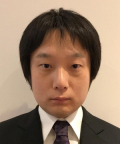 |
Tatsuro Koizumi Postgraduate research student |
 |
Nattapong Kurpukdee Postgraduate research student |
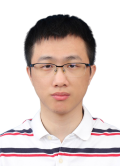 |
Qiran Lai Postgraduate research student |
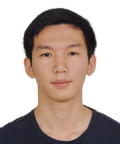 |
Mingrui Li Postgraduate research student |
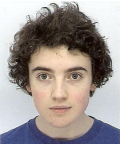 |
Will Rowan Postgraduate research student |
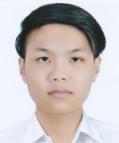 |
Patipol Saengduean Postgraduate research student |
 |
Postgraduate research student |
 |
George Vanica Postgraduate research student |
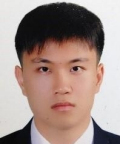 |
Rapee Wanaset Postgraduate research student |
 |
Tom Wells Postgraduate research student |
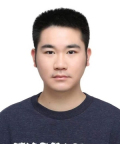 |
Zeyu Xing Postgraduate research student |
 |
Jingbo Yang Postgraduate research student |
 |
Oguzhan Yigit Postgraduate research student |
 |
Jiaqi Yu Postgraduate research student |
 |
Cheng Zhang Postgraduate research student |
|
Other affiliates |
|
|
|
Dr Patrik Huber Associate |
|
|
Luke Isham KTP Associate |
|
|
Dr Paulina Lewińska Research Associate
|
|
|
Dr Owais Mehmood Affiliate |
|
|
Tejas Pandey Affiliate |
Contact us

Professor Will Smith
Vision, Graphics and Learning Research Group lead
